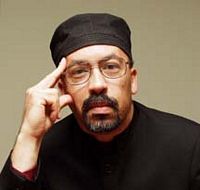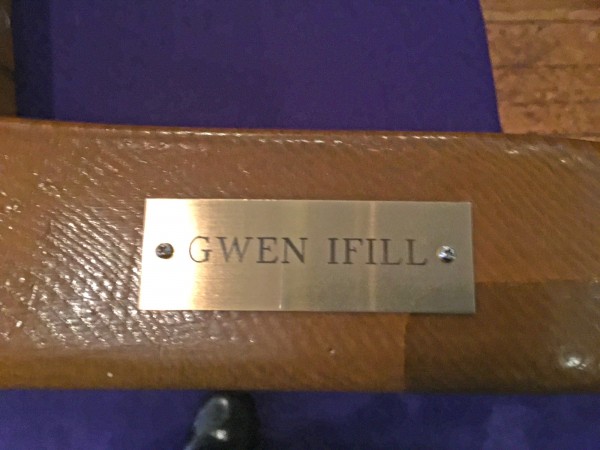 The on-going debate about healthcare reform hit me this week when I became quite ill. I am one of the lucky ones. I have an employer-provided healthcare plan so I was ultimately able to go to a medical facility, get diagnosed and begin treatment. My co-pay was minimal, and certainly would not have put me under water.
The on-going debate about healthcare reform hit me this week when I became quite ill. I am one of the lucky ones. I have an employer-provided healthcare plan so I was ultimately able to go to a medical facility, get diagnosed and begin treatment. My co-pay was minimal, and certainly would not have put me under water.
But what if I had not been so lucky? I use the term "lucky" quite specifically since having healthcare, at least until President Obama's reforms, has been the luck of the draw: Did you belong to a union? Did you have an employer that provided insurance? Did you have enough money to pay for it on your own? Not to mention the actual quality of your plan, if you were, like me, lucky to have one.
Obama's healthcare reform did not go as far as it needed to, and, with all due respect, made too many compromises with private-sector interests. In that sense, the struggle is not over for universal healthcare. President Obama, both because of his connections with corporate America and his early belief in bi-partisanship, sincerely seemed to believe that reasonable people could strike a compromise. He could not accept, and perhaps still cannot completely accept, that the Republicans -- from Day One of his administration -- have been out for blood.
We needed and still need full healthcare reform. We need, in other words, the extension of Medicare to cover us all. We have to reject the false notion that this means a loss of jobs.
While I have been ill this week I have considered many of the arguments raised by the Republicans against Obama's plan, a plan that has now been upheld by the Supreme Court as constitutional. The most ironic of the arguments comes from Mitt Romney, who is in no position to criticize the plan since it is largely based upon the one that he initiated as governor of Massachusetts.
But the arguments of the Republicans actually are deeper and meaner than Romney's flip-flopping. They go to the question of whether there are, or should be, a "deserving" population and an "undeserving" population. This may sound vaguely familiar, and so it should since it goes back to the Reagan era separation of the poor into the "deserving" and the "undeserving." In both cases, a right-wing moral judgment has been cast against a segment of the population. In today's situation, the notion is simple: the right-wing argues that there is a segment of the population that has done little to earn any of the so-called entitlements that they receive. Therefore, these should be cut.
Flowing from this fuzzy line of thinking, Republican opposition to Obama's plan — Romney's hypocrisy notwithstanding — becomes more understandable and equally unsettling. As far as they are concerned, let the so-called undeserving swing in the wind and look out for themselves. And if this means that this undeserving population cannot get access to quality healthcare, jobs, food housing, proper education, etc., as far as the right-wing is concerned, so be it.
Just in case you think that the right-wing is not talking about you, let me clarify who they see as the undeserving populations: the poor (the right-wing is not making the distinction anymore between a 'good' and 'bad' section); people of color; youth; immigrants of color; low-waged workers; and in many cases, anyone who makes less than $100,000/year. Do you see yourself in that picture?
This is what the November 2012 election is all about. It is not about Obama and his record. It's really about whether you have a right to be treated for illnesses in such a way that you are not cast into the bottomless pit of debt and poverty.
Sick or not, there is no way that I am staying home on Election Day.
Bill Fletcher, Jr. is a Senior Scholar at the Institute for Policy Studies, the immediate past president of TransAfrica Forum, and the co-author of Solidarity Divided.
- Home
- News
- Opinion
- Entertainment
- Classified
- About Us
 MLK Breakfast
MLK Breakfast- Community
- Foundation
- Obituaries
- Donate
04-25-2024 8:49 am • PDX and SEA Weather




















































































































































































































































































































